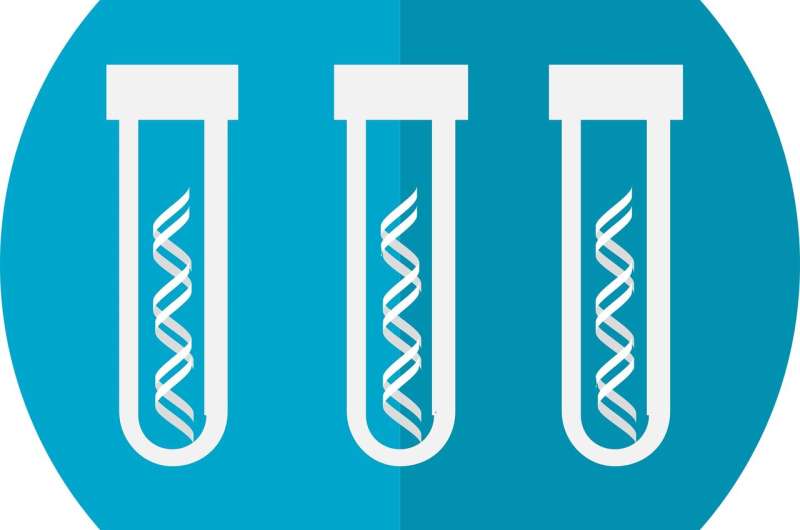New Therapeutic Target Identified for Advanced Gastrointestinal Stromal Tumors

Researchers have identified Aurora Kinase B (AURKB) as a novel therapeutic target in resistant advanced gastrointestinal stromal tumors, paving the way for new targeted treatments.
Gastrointestinal stromal tumors (GISTs) are the most common form of sarcoma affecting the digestive system. Traditionally, these tumors are driven by mutations in the KIT or PDGFRA genes, and treatments such as tyrosine kinase inhibitors (TKIs) like imatinib have been effective initially. However, most patients eventually develop resistance to these therapies due to secondary mutations, which leads to tumor progression and a limited prognosis.
Recent research published in the Journal of Experimental Medicine has shed light on a promising new target for combating resistant GISTs. Led by Professor Wang Yuexiang from the Shanghai Institute of Nutrition and Health, the study identified Aurora Kinase B (AURKB) as a critical vulnerability in advanced GISTs.
The research team employed an integrated methodology, including transcriptomic profiling, CRISPR-Cas9 gene editing, and high-throughput chemical screening. They observed that AURKB was significantly overexpressed in high-risk and metastatic GIST specimens but not in low-risk tumors. This overexpression was driven by the transcription factor FOXM1, which directly activates AURKB's expression.
Further experiments demonstrated that knocking out AURKB effectively halted tumor growth in laboratory and animal models. This inhibition caused cell cycle arrest, cellular senescence, and programmed cell death. Additionally, the study uncovered that AURKB interacts with and stabilizes another protein, ATAD2, involved in chromatin remodeling and DNA repair. The stabilization process relies on the ubiquitin-proteasome system. When AURKB is inhibited, ATAD2 degrades, impairing tumor cell proliferation.
Importantly, the researchers tested AURKB inhibitors, such as AZD1152, in preclinical models, including patient-derived xenografts resistant to multiple lines of TKI therapy. These inhibitors effectively suppressed tumor growth and were well tolerated without significant adverse effects.
These findings reveal the AURKB-ATAD2 axis as a specific and promising therapeutic target for GISTs, especially those resistant to conventional TKI treatments. The study suggests that repurposing existing AURKB inhibitors could be a viable strategy to offer new hope for patients with advanced GISTs. While clinical trials are necessary to confirm efficacy and safety in humans, this research marks a significant step toward personalized targeted therapies in GIST management.
Source: https://medicalxpress.com/news/2025-08-therapeutic-advanced-gastrointestinal-stromal-tumors.html
Stay Updated with Mia's Feed
Get the latest health & wellness insights delivered straight to your inbox.
Related Articles
Supporting Housing as a Cost-Effective Solution for Homelessness and Opioid Crisis
Supporting housing for homeless individuals with opioid use disorder is a cost-effective strategy that saves lives and improves health outcomes, according to Stanford research. This approach offers a humane and economically sound solution to homelessness and the opioid crisis.
Understanding the Rise of DNA Testing by Australian Health Insurers
Australian health insurers are now providing DNA tests to predict individual responses to medications, raising important questions about data security, ethical use, and future health screening. Learn what you need to know about this emerging trend.
New Non-Opioid Painkiller Shows Promise in Outperforming Traditional Opioids
A groundbreaking non-opioid drug developed at Duke University shows potential to provide powerful pain relief without the addictive side effects associated with traditional opioids. Preclinical studies reveal SBI-810's promising performance in managing acute and chronic pain safely.
COVID-19 Accelerates Blood Vessel Aging, with Greater Impact on Women
Recent research reveals COVID-19 accelerates blood vessel aging, especially in women, increasing future cardiovascular risks. Learn about the study findings and health implications.



